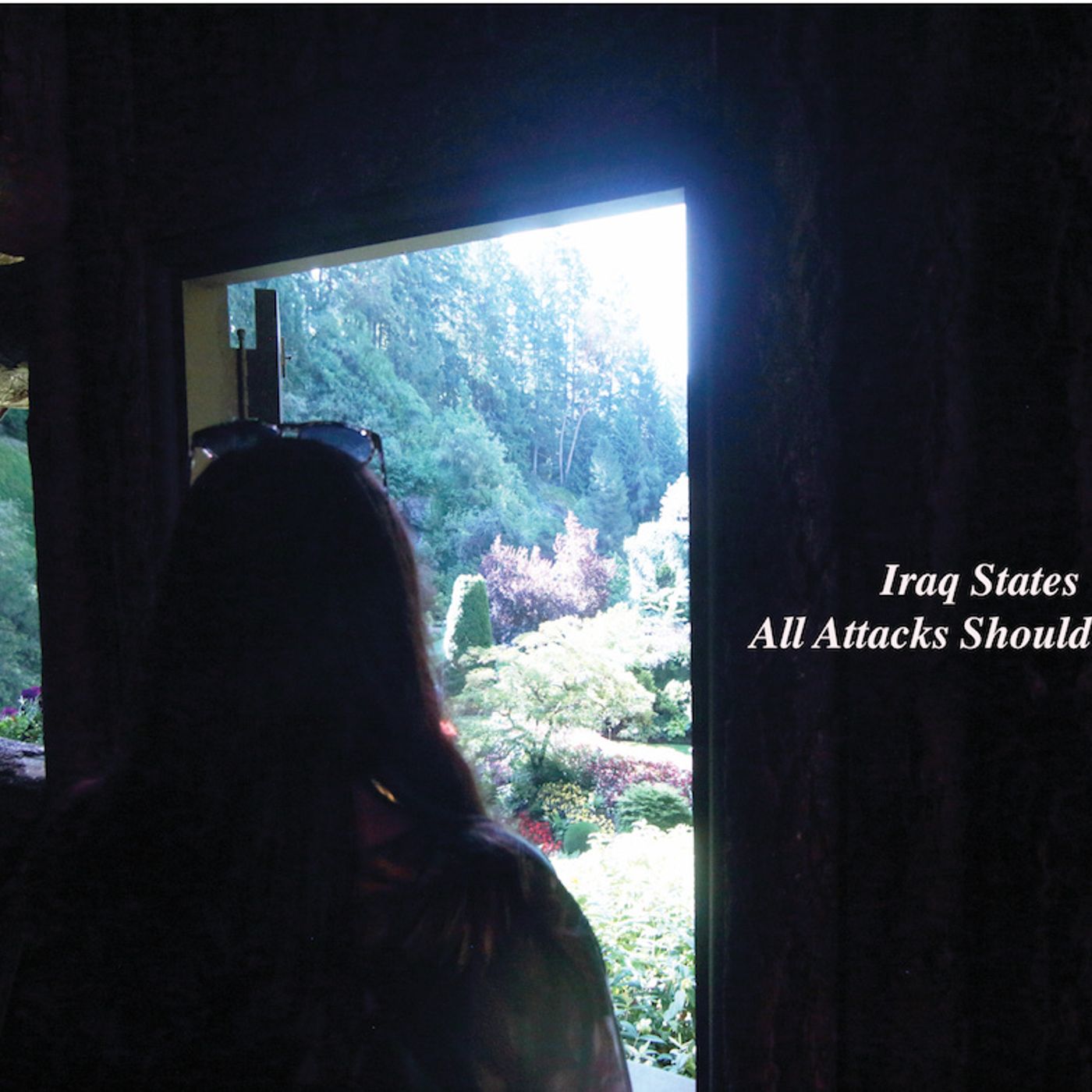Briefing by Jeanine Hennis-Plasschaert, Special Representative of the Secretary-General and Head of the United Nations Assistance Mission for Iraq (UNAMI), on the situation concerning Iraq.
Madam President, Distinguished members of the Security Council,
With the conflict raging in Gaza, as well as armed action elsewhere, the Middle East is at a critical juncture. The same is true for Iraq.
To be clear: Iraq’s Government’s efforts are focused on avoiding a domestic (and regional) spillover. Still, continued attacks have become a harsh reality. These attacks originate from within and outside of the country’s borders. Attacks which, if they were to continue, stand to undo Iraq’s hard-won stability, as well as other achievements made in the past 18 months.
As we all know, history can have a long tail. One which can impact the present. This is searingly true for the Middle East. To fully grasp the current regional and domestic dynamics, therefore, we would need to traverse decades - an exercise this briefing does not allow for.
That said, it is within this context that various Iraqi armed groups (groups acting outside state control, that is) reference, as a justification for their operations, a doctrine which transcends politics and state borders. Other motivations expressed pertain specifically to Iraq, such as calls for Iraqi skies to be, and I quote, “free”, and for an end to the international military presence in the country.
However, for Iraq to further continue on its path of stability and progress, an enabling environment will prove essential. And, such an environment requires restraint from all sides.
Yes, indeed, from Iraq’s armed actors. And, as might be expected, restraint from Iraq’s neighbours and other countries is just as crucial.
I have said it numerous times in the past and will say it again: messaging by strikes only serves to recklessly heighten tensions, to kill or injure people and to destroy property.
A case in point was the attack on 28 January, which killed and injured US service members. This was seen again, with the retaliatory strikes on 2 February, which also resulted in casualties.
Rather than shows of force, all efforts should centre on safeguarding Iraq from being drawn in any way into a wider conflict.
And it is within this context that many expressed shock over Iran’s missile attack on Erbil a few weeks ago, which killed civilians - including a little girl. Based on accusations the Iraqi Government has strongly refuted, these actions were sorely at odds with the great efforts made on the Iraq-Iran security agreement, which I highlighted in my October briefing.
Meanwhile, Turkish military operations in the North also continue. Just because these attacks have become the new “normal” does not mean they do not seriously compound the risk of new arenas of violence being opened.
Now - when talking about the incendiary potential of retaliatory strikes, we would like to welcome the recent launch of dialogue through the United States-Iraq Higher Military Commission.
This dialogue channel opened at a critical moment. The setting of joint objectives could only be a positive development amid rising tensions.
Having said all this today, I am compelled to reiterate our appeal to all sides to exercise maximum restraint. With Iraq cloaked in an already complex tapestry of challenges, it is of greatest importance that all attacks cease.
While we are (of course) aware that many authorities and actors seek to limit further escalation, it is clear that the situation remains volatile. Iraq (and, indeed, the wider region) remain on a knife-edge, with the tiniest miscalculation threatening a major conflagration.
On a more optimistic note, Madam President, on 18 December 2023, Iraq held local elections for the first time in 10 years. And, in the case of Kirkuk, for the first time since 2005.
This electoral process took place in a broadly peaceful and technically sound manner. It marked another milestone in the Government’s efforts to break from past cycles of dysfunction. And we truly hope that the re-establishment of local representative bodies, which have been inactive since 2019, will signify another major step forward.
Now, a challenge for future elections will be to rally a higher voter turnout and, importantly, to encourage Iraq’s eligible voters to register.
While turnout among registered voters for the 2023 governorate council elections was on par with Iraq’s national parliamentary elections (two years prior) around 60% of registered voters did not cast their ballots...
Watch the full Security Council meeting on the situation concerning Iraq: https://webtv.un.org/en/asset/k1o/k1o...

